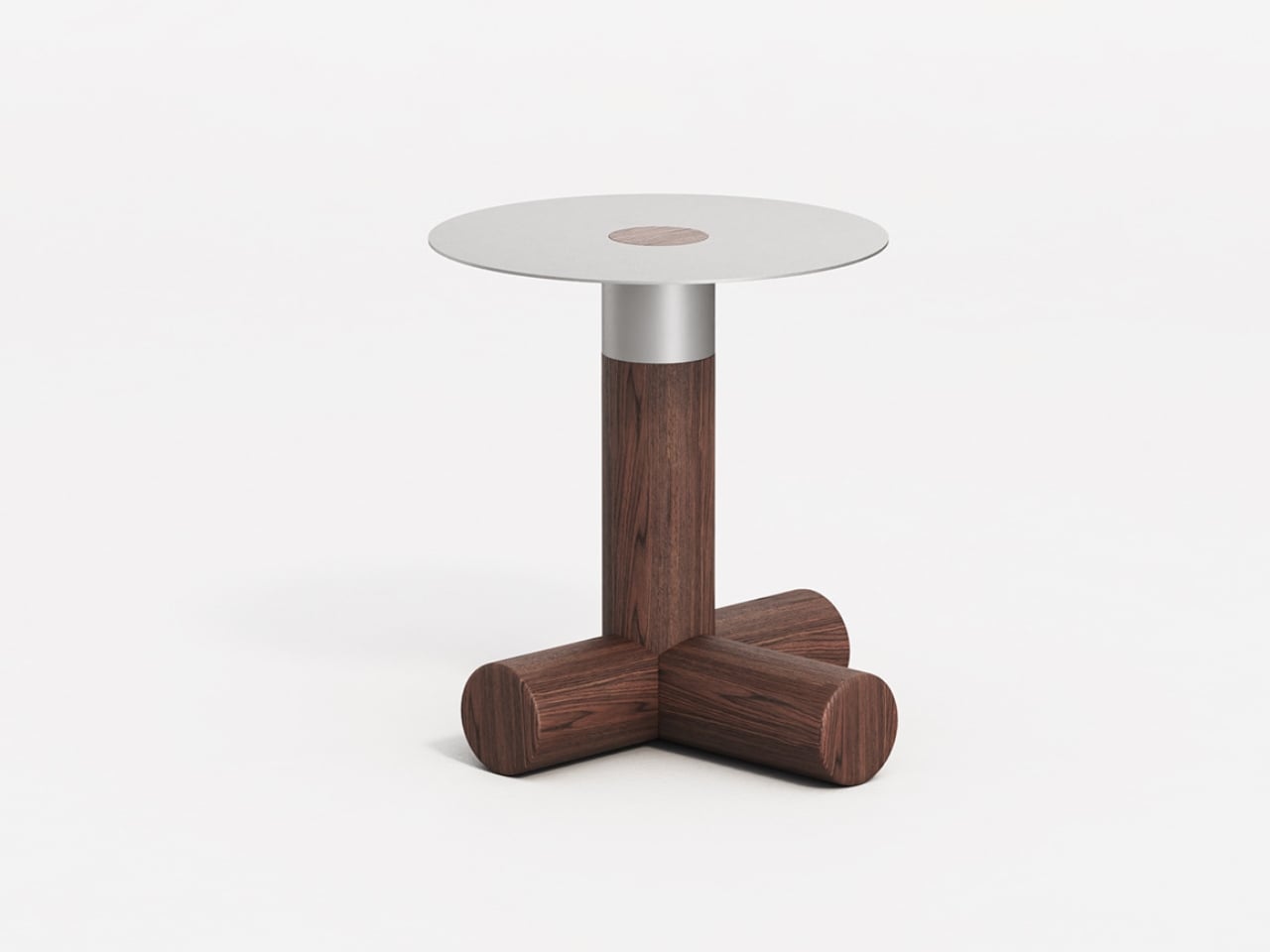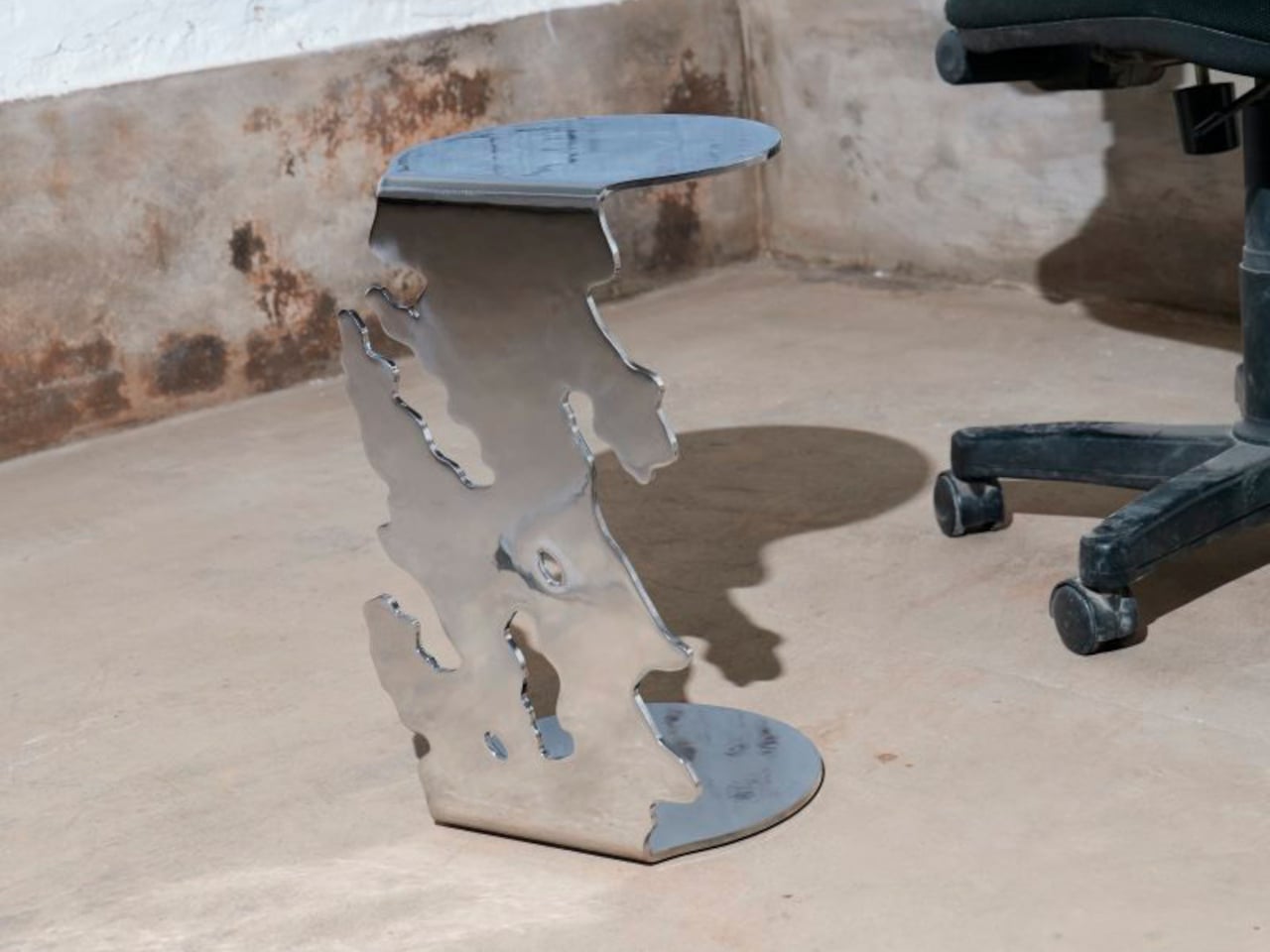Preview: Civilization VII’s Age System Feels Unnecessary
My experiences with the Civilization series are more recent, tracing back to playing the mobile version of Civilization V, to the sci-fi Beyond Earth, before finally obsessing over Civilization VI with my family in multiplayer matches for hundreds of hours. This is one of the only strategy series I’ve enjoyed and my time with the Civilization VII preview build continued this trend, outside of frustrations with the new Age system. To start, Civilization VII seems to be a stunning game so far, even on the Steam Deck. During my time going through it for the preview, it does not have the right update to work on Steam Deck the way it will at launch. That said, I was able to tinker with the title and found myself able to play it nonetheless. Surprisingly, it ran super well on the Steam Deck during my time with it. I encountered only one minor crash so far, while it looked and performed well. The level of detail is a noticeable improvement over the previous mainline entry in the series. There is so much to see on each individual tile in the world. From the soldiers standing atop pieces of farmland or how each building has its own intricate design, there is so much to appreciate about the beauty of the experience. Image via 2K Better yet, the build I played also made it feel like Civilization VII could be one of the best in the series at easing players into the overall strategy experience. The general idea is to play as a certain famous person from history and rule over a civilization to win against the rival civilizations in the world. This is done through a number of victory methods, such as Culture, Science, and War. These methods all have their own style, such as researching various categories like Mathematics and building a Library on the Science side or going all-out conquest if you prefer to win via War. Thankfully, the tutorials worked quite well in the time I’ve spent with the game so far in two of the three Ages. There are even aspects I feel like I understand better now than I did with the hundreds of hours I put into Civilization VII. For instance, each troop you have in your civilization has different functions. They can move around the map, attack others, or even fortify their defenses. I feel like I better understand more specific troops, like the Army Commander. The game makes it more clear the possibilities troops like this one have, such as gathering together other troops for army-sized invasion squads. Image via 2K Civilization VII is also quite speedy for a tactical game in this genre. Sure, you can take a long time each turn to figure out what you want to do, but everything is silky smooth. Completing actions is near-instantaneous, and the game guides you well on what to do next. This even includes the best quest routes for your particular victory preference. Perhaps my favorite feature are the neat little narrative moments that happen randomly. A scout may die on the battlefield. You get to choose how to remember them. The different options will involve different rewards and outcomes, which makes for a unique playthrough each time. With all of that said, though, I feel like after spending time with the build that there is an elephant in the room with Civilization VII. The new Age system might end up being a problematic gameplay choice, and I was not a fan of at all in these early sessions. In past games, you had different eras and the like. In this game, there are distinct Ages. For the purposes of this preview, I checked out the Age of Antiquity and Age of Exploration. The former takes place before recorded history. How it works is you pick a hero to play as and a civilization. I appreciate the openness this time around, with the possibility to choose between locations. For instance, Confucius doesn’t have to pick Han China. He is able to pick other surrounding locales as well. Image via 2K You then play through the Age you are in until it comes to an end. From there, it switches to the next Age, and you continue playing as the same leader. This is where the problem may lie. I feel like Ages felt a bit disconnected from one another in these early hours and experiences, unlike past games. You do play the multiple Ages in the same “match,” but they are segmented off in an odd way. What I like is you can switch your civilizations (within reason) depending on your location and leader. For instance, one could go from Rome to Spain between ages. The problem is how some elements don’t make a lot of sense. While the rest of the game is clear cut and understandable, the Legacy and Ages seemed far from it. For one, there was a time my capital city changed between Ages to a different location. But I didn’t get the option to make this decision. I also found it unclear what exactly carried over from Age to Age during this early session. Some building types did and certain points did, but not everything. The whole system may end up being a bit redundant and awkward. In t
![]()
My experiences with the Civilization series are more recent, tracing back to playing the mobile version of Civilization V, to the sci-fi Beyond Earth, before finally obsessing over Civilization VI with my family in multiplayer matches for hundreds of hours. This is one of the only strategy series I’ve enjoyed and my time with the Civilization VII preview build continued this trend, outside of frustrations with the new Age system.
To start, Civilization VII seems to be a stunning game so far, even on the Steam Deck. During my time going through it for the preview, it does not have the right update to work on Steam Deck the way it will at launch. That said, I was able to tinker with the title and found myself able to play it nonetheless. Surprisingly, it ran super well on the Steam Deck during my time with it. I encountered only one minor crash so far, while it looked and performed well. The level of detail is a noticeable improvement over the previous mainline entry in the series. There is so much to see on each individual tile in the world. From the soldiers standing atop pieces of farmland or how each building has its own intricate design, there is so much to appreciate about the beauty of the experience.
Better yet, the build I played also made it feel like Civilization VII could be one of the best in the series at easing players into the overall strategy experience. The general idea is to play as a certain famous person from history and rule over a civilization to win against the rival civilizations in the world. This is done through a number of victory methods, such as Culture, Science, and War. These methods all have their own style, such as researching various categories like Mathematics and building a Library on the Science side or going all-out conquest if you prefer to win via War. Thankfully, the tutorials worked quite well in the time I’ve spent with the game so far in two of the three Ages.
There are even aspects I feel like I understand better now than I did with the hundreds of hours I put into Civilization VII. For instance, each troop you have in your civilization has different functions. They can move around the map, attack others, or even fortify their defenses. I feel like I better understand more specific troops, like the Army Commander. The game makes it more clear the possibilities troops like this one have, such as gathering together other troops for army-sized invasion squads.
Civilization VII is also quite speedy for a tactical game in this genre. Sure, you can take a long time each turn to figure out what you want to do, but everything is silky smooth. Completing actions is near-instantaneous, and the game guides you well on what to do next. This even includes the best quest routes for your particular victory preference.
Perhaps my favorite feature are the neat little narrative moments that happen randomly. A scout may die on the battlefield. You get to choose how to remember them. The different options will involve different rewards and outcomes, which makes for a unique playthrough each time.
With all of that said, though, I feel like after spending time with the build that there is an elephant in the room with Civilization VII. The new Age system might end up being a problematic gameplay choice, and I was not a fan of at all in these early sessions. In past games, you had different eras and the like. In this game, there are distinct Ages.
For the purposes of this preview, I checked out the Age of Antiquity and Age of Exploration. The former takes place before recorded history. How it works is you pick a hero to play as and a civilization. I appreciate the openness this time around, with the possibility to choose between locations. For instance, Confucius doesn’t have to pick Han China. He is able to pick other surrounding locales as well.
You then play through the Age you are in until it comes to an end. From there, it switches to the next Age, and you continue playing as the same leader. This is where the problem may lie. I feel like Ages felt a bit disconnected from one another in these early hours and experiences, unlike past games. You do play the multiple Ages in the same “match,” but they are segmented off in an odd way.
What I like is you can switch your civilizations (within reason) depending on your location and leader. For instance, one could go from Rome to Spain between ages. The problem is how some elements don’t make a lot of sense. While the rest of the game is clear cut and understandable, the Legacy and Ages seemed far from it. For one, there was a time my capital city changed between Ages to a different location. But I didn’t get the option to make this decision.
I also found it unclear what exactly carried over from Age to Age during this early session. Some building types did and certain points did, but not everything. The whole system may end up being a bit redundant and awkward. In the past, changing eras was seamless and smooth. Here, my initial impression is that they were rough, heavily divided, and confusing.
I definitely need more time with the Civilization VII Ages system leading up to our proper review. But, for now, the new feature feels unnecessarily awkward and frustrating. Hopefully, it makes more sense as I come to understand its quirks in later matches. If you can look past this, though, I suspect Civilization VII could end up feeling like the fastest, most stunning, and welcoming game in the series yet.
Sid Meier’s Civilization VII releases for the Nintendo Switch, PS4, PS5, Xbox One, and Xbox Series X/S on February 11, 2025.
The post Preview: Civilization VII’s Age System Feels Unnecessary appeared first on Siliconera.























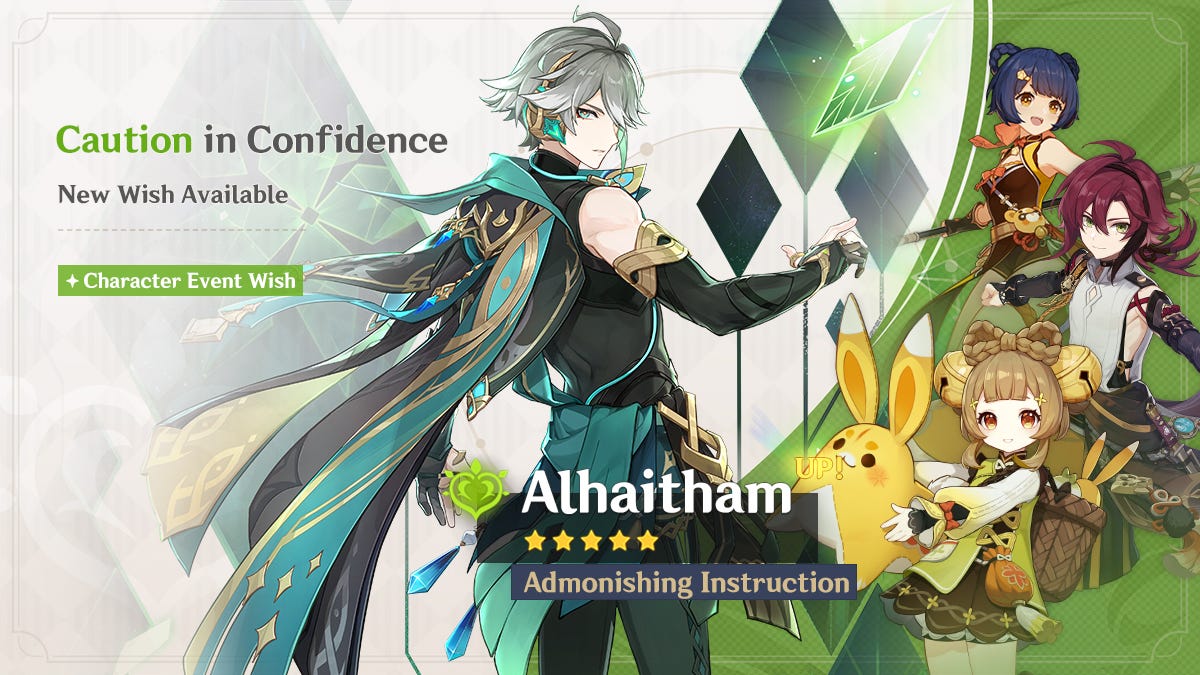
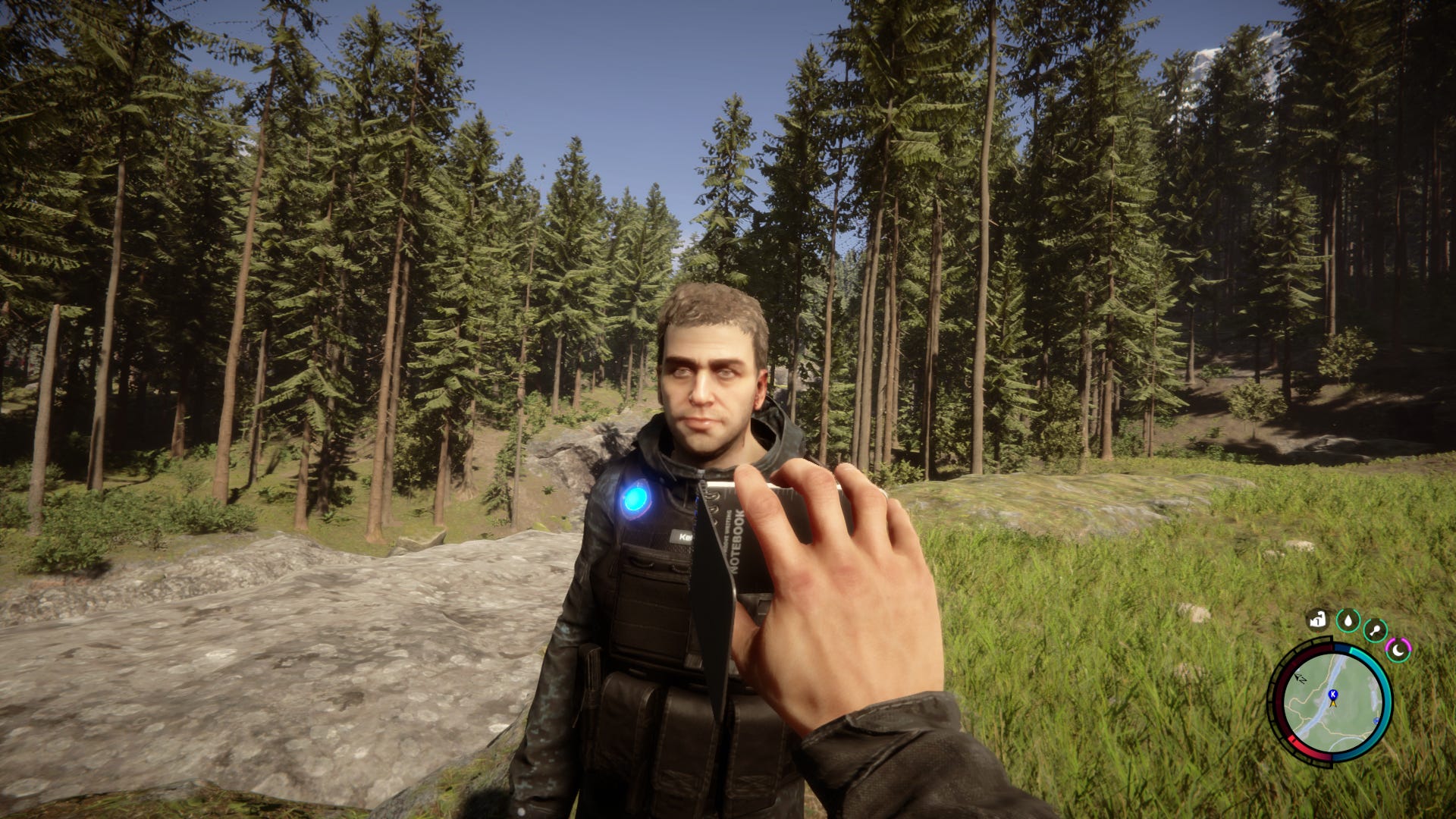
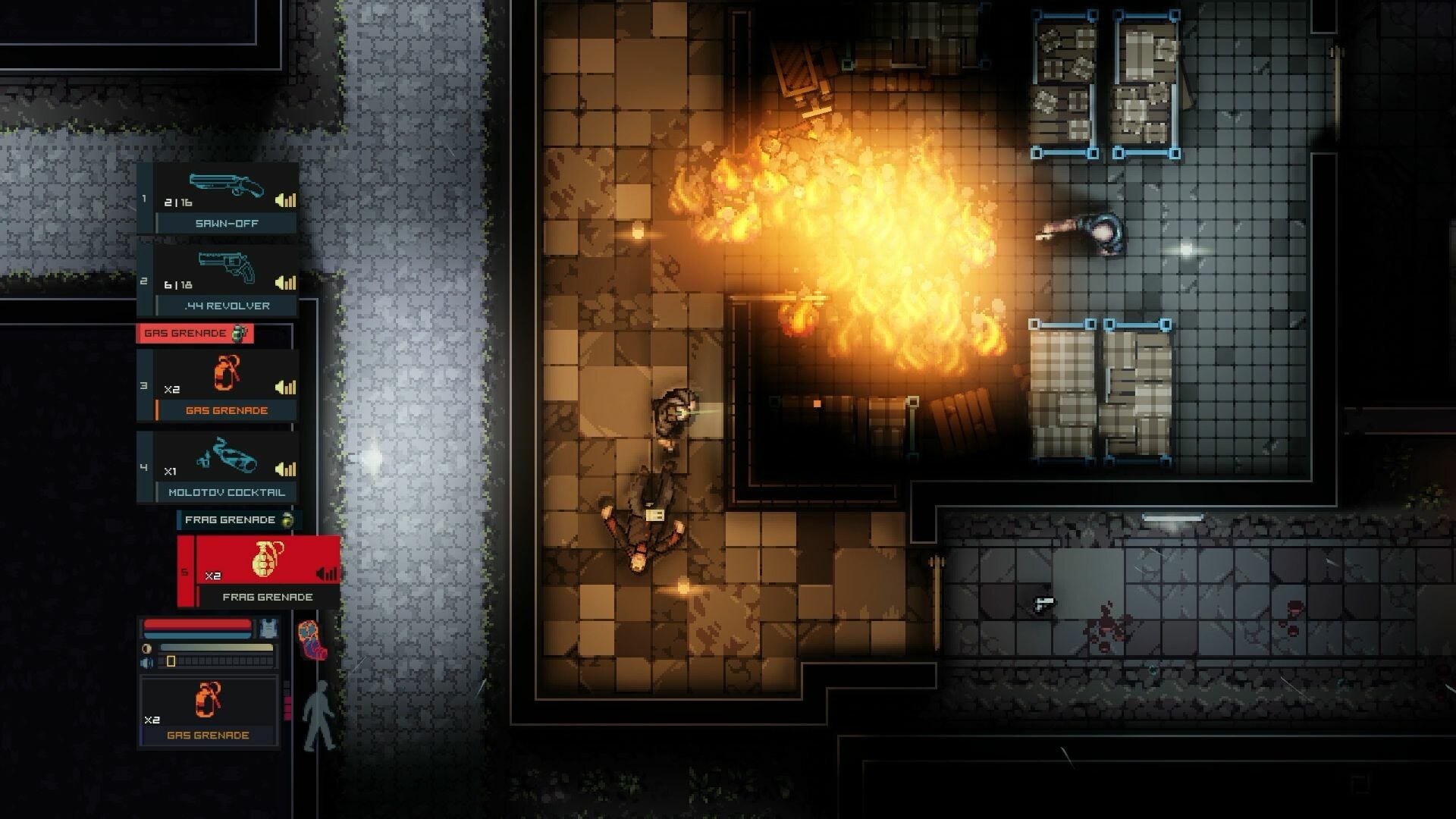









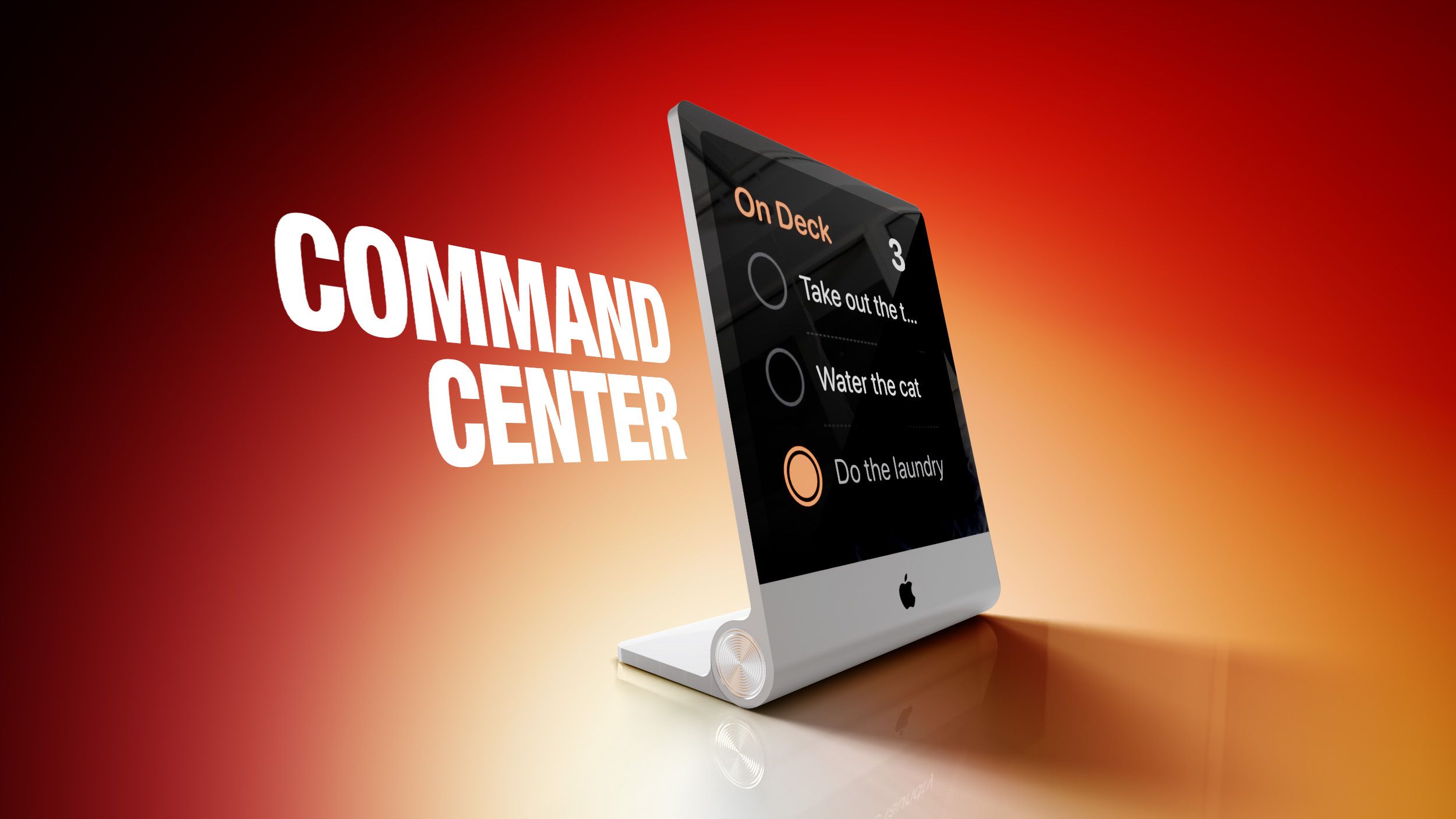
/cdn.vox-cdn.com/uploads/chorus_asset/file/24435316/STK150_Bing_AI_Chatbot_02.jpg)










![United Passenger’s Upgrade Mishap Sparks Seat Loss—Here’s the Critical Step to Avoid It [Roundup]](https://viewfromthewing.com/wp-content/uploads/2018/09/20170607_112204.jpg?#)








